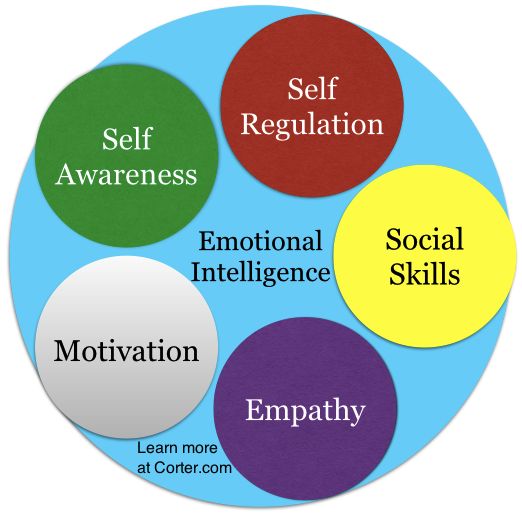 In ten years’, time, it’s highly likely many in our workforce will be working in a job that doesn’t even exist yet – and no, we’re not talking about building flying cars or developing the world’s first-time machine.
In ten years’, time, it’s highly likely many in our workforce will be working in a job that doesn’t even exist yet – and no, we’re not talking about building flying cars or developing the world’s first-time machine. The world of work is evolving quickly, which means employees will have to to prepare for a future job role that’s impossible to predict.
Of course, there isn’t a crystal ball that can tell us exactly what skills will be needed and what won’t be needed. I believe there are five skills that will be needed to succeed in a future career, whatever it ends up being.
1.Cognitive flexibility
The rise of digital technologies means there is a need to be able to handle the plethora of opportunities and challenges that come with it.
It is essential employees should have the ability to adapt to change and conceptualise complex multiple ideas all at once. If these multi-tasker qualities can be demonstrated, they will be highly valued by employers and recruiters.
2. Digital literacy and computational thinking
 As the world continues to rely on highly technical and continuously evolving technologies, the need for those with the digital skills to match also increases.
As the world continues to rely on highly technical and continuously evolving technologies, the need for those with the digital skills to match also increases.Many of us are familiar with STEM (Science, technology, engineering and mathematics, but have you heard of SMAC (social, mobile, analytics and cloud)? Although it may seem like we’re being bombarded with digital buzzwords, being digitally literate offers capabilities beyond what was once thought possible when it comes to emerging technologies, such as artificial intelligence (AI), machine learning, Internet of Things (IoT), and data science.
Society will expect its priorities to leapfrog across eons of poverty, unemployment, under employment and inequality but in doing so it will need profitable enterprises to contribute.
A contentious subject indeed that may well have to be addressed in all developed societies in the coming years. Society will have to juggle its priorities between wealth accumulation and meeting social needs and that will require considerable social and political skills.
Qualifications in artificial intelligence can help advance digital skillsets and accelerate technical acumen in these emerging fields, from learning about data visualization and exploration, to computational intelligence, and natural language technology.
3. Judgement and decision-making
Although robotics and automation technology may be better than humans in ways such as calculations and diagnostic solving, it’s still going to be humans that deal with the subjective side of data analytics.
Considering we’re on the cusp of the fourth industrial revolution, we’re still going to need to have somebody who can show the world what numbers mean and their significance.
4. Emotional and social intelligence
We have raised this in earlie r articles in our Bulletin but nevertheless it is worthwhile visiting it again as it is essential future management skill
r articles in our Bulletin but nevertheless it is worthwhile visiting it again as it is essential future management skill
 r articles in our Bulletin but nevertheless it is worthwhile visiting it again as it is essential future management skill
r articles in our Bulletin but nevertheless it is worthwhile visiting it again as it is essential future management skillFor everything that can be replaced by digital technologies and artificial intelligence, emotional and social intelligence remain uniquely human capabilities.
In some sectors, these qualities are crucial. The demand for jobs in healthcare for example, are on the increase – demonstrating how some roles will always require a human element. Future vocations in this area will essentially include working closely with others, so having empathy, the ability to collaborate, as well as excellent communication skills is something that is most definitely going to be needed.
5. Creative and innovative mindset
Despite a report by the World Economic Forum in 2018 suggesting robot automation will create more jobs than they displace, employees will still do well to keep on top of their creativity skills and maintain an innovative mindset.
Much like having an excellent sense of social intelligence, natural creativity is something which can’t be easily replicated by the latest digital technologies. As long as future employees can think outside the box, they will be just fine.